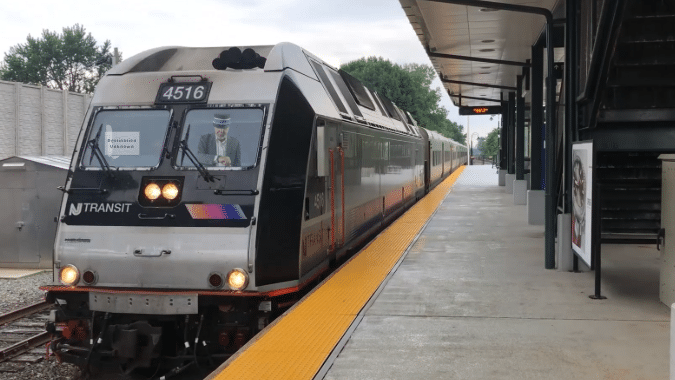The Department of Environmental Protection (DEP) held two public hearings Friday, Jan. 25 regarding New Jersey’s re-entry into the Regional Greenhouse Gas Initiative (RGGI).
The first public hearing centered on the CO2 Budget Trading Rule Proposal that establishes the mechanisms for rejoining RGGI and sets the State on the path to reduce its baseline CO2 allowance from regulated entities from an initial cap level of 18 million tons in 2020 to 12.6 million tons by 2030. Environmentalists expressed concerns with the current proposal, stating that the proposed emissions cap is too high. Speakers would like to see the cap level dramatically reduced.
The second public hearing focused on the Global Warming Solutions Fund Rule Proposal which establishes the framework for how the State will spend the proceeds from the quarterly RGGI CO2 auctions, emphasizing projects that will support disproportionally burdened communities. Speakers were concerned that the money generated by this carbon tax should be spent in disadvantaged communities within the state. Environmentalist thought that emissions in the state impacts disadvantaged communities more than others.
NJBIA is opposed to New Jersey’s re-entry into a greenhouse gas cap and trade program because the cost would fall too heavily on electricity ratepayers, and the program would do little, if anything, to improve New Jersey’s environment. New Jersey has been a leader in reducing emission rates without artificially increasing costs – and, in fact, has lower emission rates than most of the states in the RGGI program.
Furthermore, New Jersey is downwind from Pennsylvania and Ohio, two states that are not a part of RGGI and have significantly higher emission rates of Nitrogen Oxide, Sulfur Dioxide, and Carbon Dioxide. To date, New Jersey has shut down two major coal plants; however, the state still receives emissions from Pennsylvania and Ohio. As long as these states are not part of the solution, New Jersey will still receive their dirty air regardless of whether or not the Garden State rejoins RGGI.
The public comment period for both rule proposal is open until February 15, 2019. If you would like to comment, please click here.
For more information on RGGI click here.
